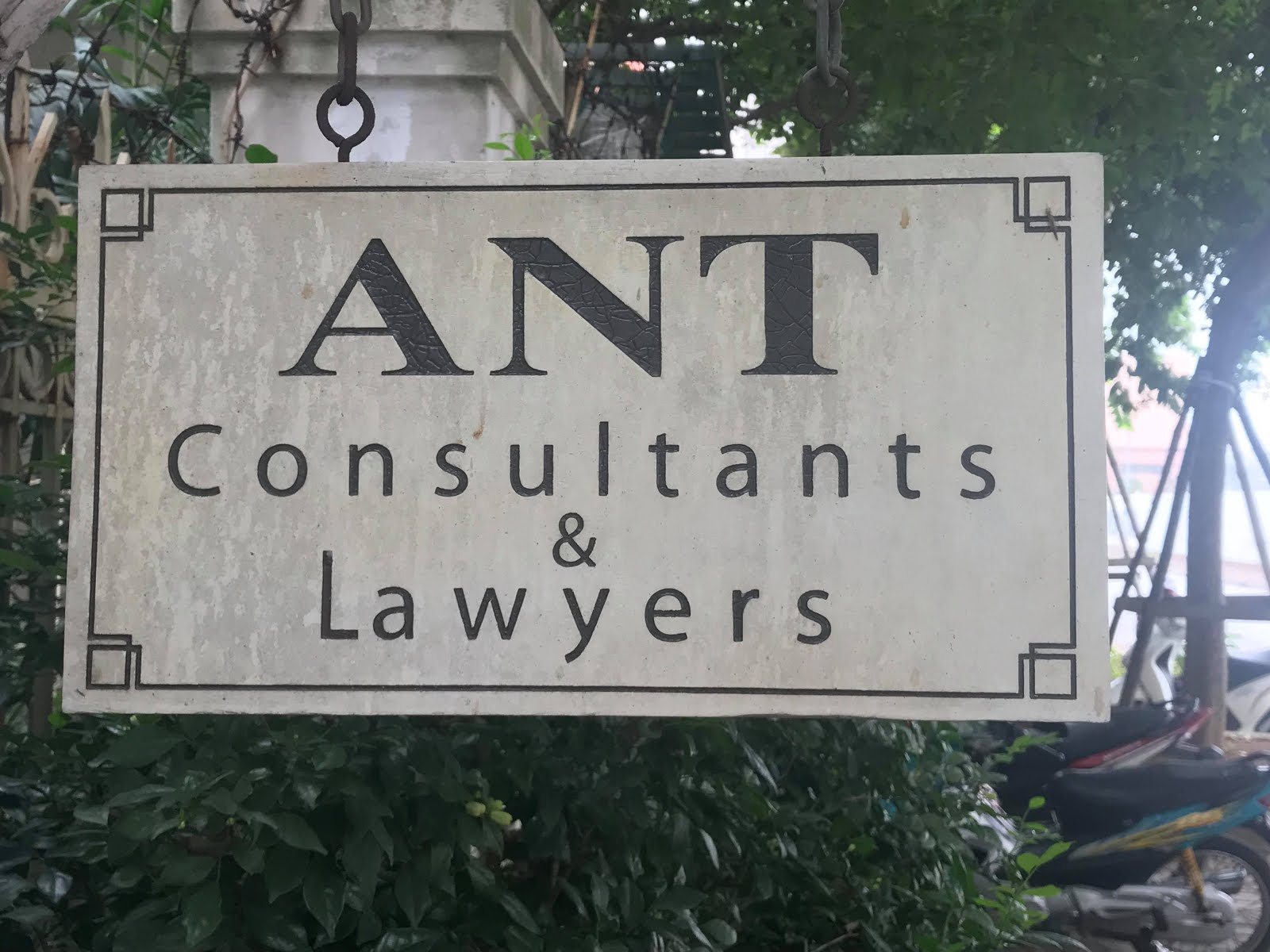Foreigners are encouraged to make investment in Vietnam through
direct investment by setting up company in Vietnam.
However there are restrictions in some cases in regard to investment capital, investment area, special licenses required. The investor is suggested to consult with a law firm in Vietnam for advice and service offering.
Before setting up company in Vietnam, ask yourself the following questions:
1. Which business should I invest in Vietnam?
There are non-conditional investment areas and conditional investment areas. Establishing company in the non-conditional investment areas are more simple than in conditional investment areas. Investment in IT services, manufacturing, management consulting, business promotion are a few samples of non-conditional investment areas. Example of conditional investment areas are real estate, trading, travel agencies, freight forwarding… which are more complicated with investment conditions. Investment conditions might also be changed over the time depending on the WTO commitments which Vietnam enters.
2. What should I name the business in Vietnam?
The company in Vietnam has to have Vietnamese name, and English name. The company could also have abbreviated name. The name of the company in Vietnam indicates the structure of the company, the business lines, and the name that differentiate against other businesses. For instance, the company could be named Alpha consulting limited liability company.
3. Where should I register the address of the business in Vietnam?
Not every address could be used to register a company. The address has to be an address of a house with leasing agreement or office building which owner has license to operate as office building.
4. What is the legal structure of the company?
Depending on the number of investor contributing capital, company could be set-up as one member limited liability company or two ore more member limited liability company or joint stocks company.
5. How much capital is required to set-up a company in Vietnam?
The investment amount depends on the business plan and is subject to the approval of the provincial Department of Planning and Investment evaluating application dossier. In some business areas like real estate, banking and finance, minimum capital is required. In general for non-conditional investment area, the law does not specify the minimum capital to establish a company in Vietnam however the State agencies that evaluate investment plan could reject the investment project which are not feasible. Bank statement in foreign banks could be used to prove sufficient fund of investment capital.
6. Whom will be legal representative and work permit in Vietnam?
The investor will need to appoint the legal representative in Vietnam to oversee the business performance and take legal responsibility in Vietnam. If the legal representative is an expatriate, whom is a capital contributing member or owner of a limited liability company or a member of the Board of Management of a shareholding company which is registered to operate in Vietnam, he or she will be exempted from work permit in Vietnam. Otherwise, he or she will need to have a work permit to work in Vietnam legally. The work permit holder would then apply for temporary residence card to live in Vietnam as long as the work permit allows.
7. How long does it take to set-up a company in Vietnam?
It depends on what type, scale, and whether or not conditions are required. For a simple minimum capital without conditions to set-up, it would take 30 working days. For setting up company in conditional investment areas i.e. trading company in Vietnam, time would be lengthen due to the involvement of a number of State agencies approving the investment project and it would take 60 working days. For setting up company in other investments in areas requiring conditions to meet, time might be taken depending on the type of conditions and the government agencies evaluating the conditions of investment.
8. Whom will be granting the investment license in Vietnam?
For most of the investment projects, the provincial state agencies with the approval of the Department of Planning and Investment (DPI) will be granting the Investment Certificate in Vietnam. However, depending on the type, scale, and whether or not conditions are required, other Vietnam State agencies might be involved. For the case of trading company, ministry of trade and commerce, ministry of finance, provincial people’s committee will be reviewing the investment application dossier as well.
9. What are the tax liability in Vietnam?
Major taxes in Vietnam are corporate income tax, import and export tax, value added tax, and personal income tax in Vietnam. In some special areas, there are other taxes. The corporate income tax is currently at 22% and will reduce to 20% beginning 2016. Export is mostly encouraged as such the export tax is 0 however there are special cases when export tax is larger than 0. Import tax varies according to tariff. Value added tax is mostly at 10% however in some cases, VAT could be 5% or 0%. Personal Income tax varies according to income level and is applicable from VND 9,000,000 above.
10. What are mandatory reports submissions requirement in Vietnam?
Companies are required to keep accounting books, prepare and submit tax reports on monthly, quarterly and annually. Foreign companies are also required to have financial audit taken before the financial year end. The financial year in Vietnam is from January to December and the deadline to submit financial report is March 30th for the previous year. Other reports are required to be submitted at other State agencies.
With highly professional staff and great experience in business in Vietnam, ANT Lawyers would like to support you in establishing company in Vietnam.
Source ANTLawyers: https://antlawyers.vn/library/10-questions-to-ask-before-setting-up-company-in-vietnam.html










.jpg)



.jpg)
.jpg)
0 nhận xét:
Đăng nhận xét